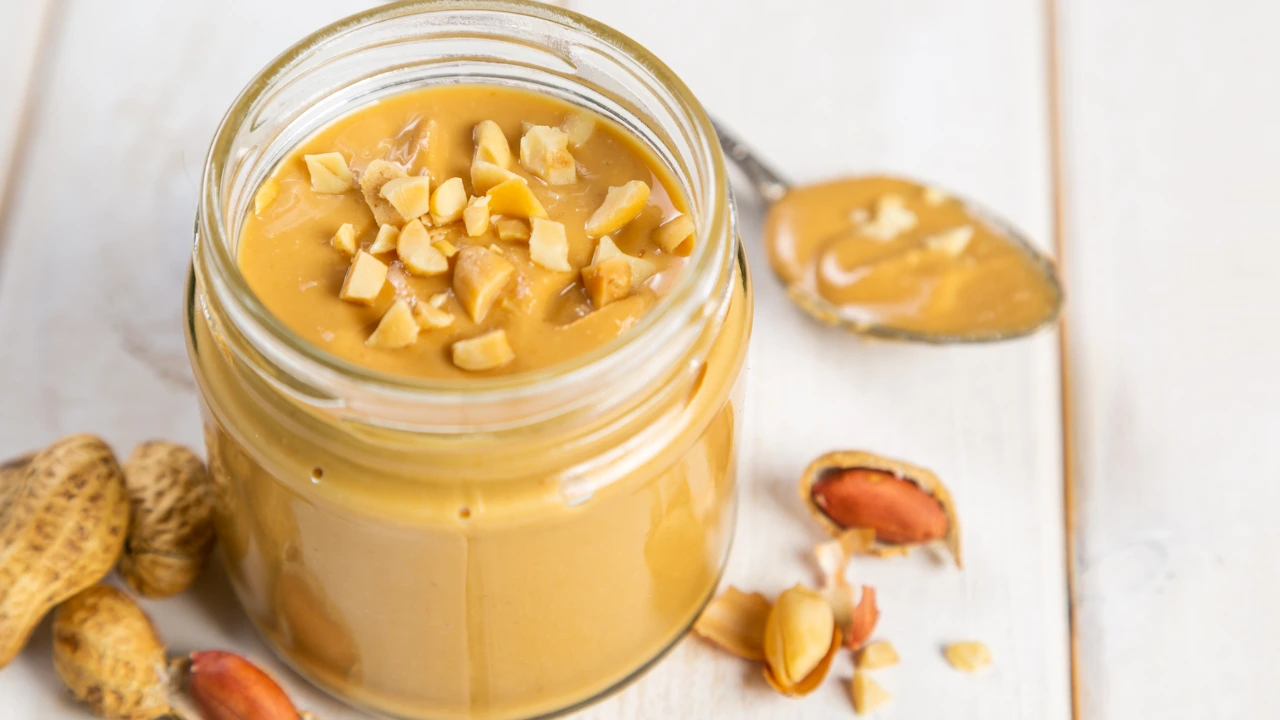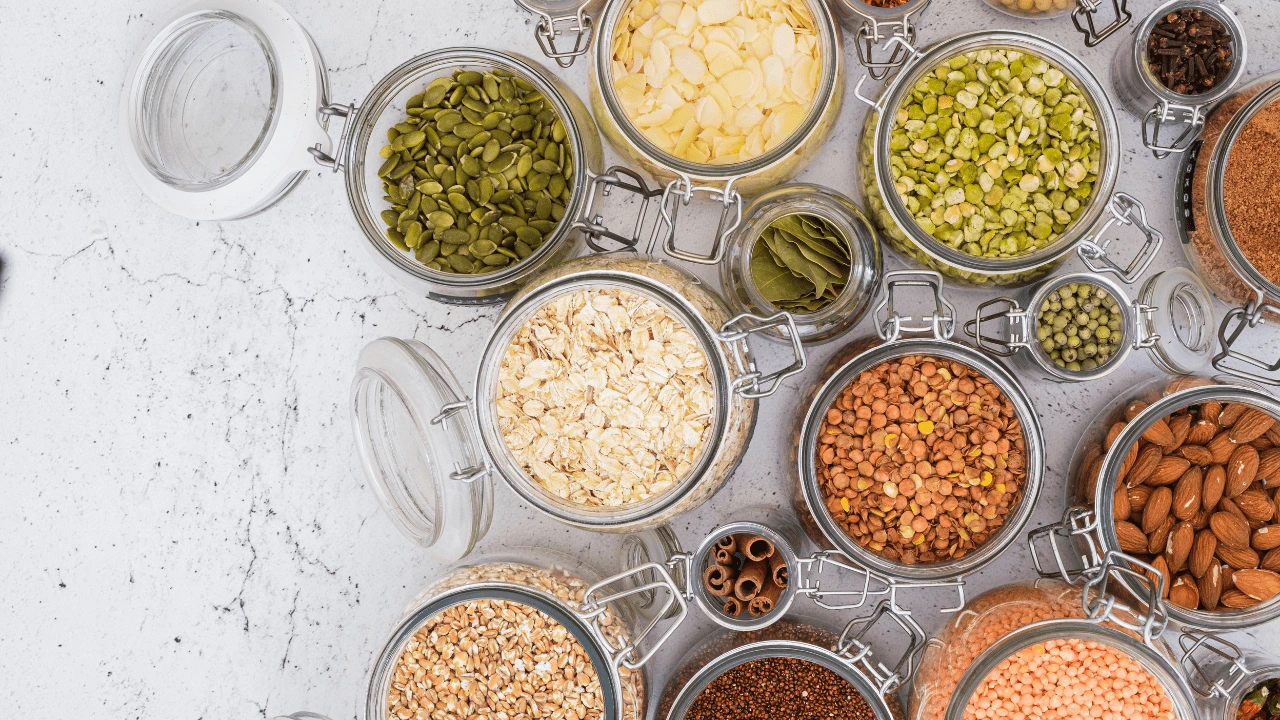25 Weeks pregnant: Baby Size, Symptoms, What to Eat, Pregnancy Tips
Second Trimester
Your baby is now the size of a Potato.
Baby Grows
Highlights
Digest This!
Your baby’s digestive tract will now become active with it’s wave-like movements. While there’s still no food for your baby to digest, it serves as a post-birth practice.
Crazy Cravings…And What not!
The pregnancy hormones will have a field day as you go from weird cravings at one moment to equally weird aversions the next moment.
Pregnancy Milestone
At week 25, you’re in the sixth month!
Your Baby’s Development
Week 25
Baby’s Growth

How Big is Your Baby?
This week, your baby will be busy preparing the organs required for breathing.
At nearly 35-cm, your little cutie has small blood vessels formed in the lungs and all over the body; all these contribute to the breathing process. The lungs require maturity, which will develop in the coming months.
By this week, your sweetie pie has developed a sleep-play routine; playing for a while by wriggling and performing somersaults, followed by a nap to recover.

Weight
660 g

Length
34.6 cm

size of Potato
Mother’s Changing Body

What to Expect?
7th month of pregnancy - the time where you might get busy with the baby shower dates and invites.
This week, the tummy might look more like a football for most women and it will continue to grow a little more in the coming months.
Good to know!
Pregnancy Symptoms

Hemorrhoids
Expectant mothers may experience haemorrhoids, a painful swelling of the veins in the lower rectum, often due to pregnancy-related constipation, pressure exerted by the uterus, increased blood flow and heartburn.

Luscious Locks
This is probably one pregnancy symptom you might love. Due to pregnancy hormones, your hair takes a longer time to fall, keeping your head full of hair.
Your baby form
Pregnancy Tips

- You need to increase your fiber intake and try to have plenty of fluids, which will prevent constipation.
- Perform pelvic floor exercise and do not strain during bowel movement which may help in controlling haemorrhoids.
- Follow a healthy sleep posture of lying on the left side, rather than flat on your back, as the latter may cause your uterus to compress the blood vessels required for the baby's nourishment.
- Do not overload yourself with too many responsibilities because your fuzzy pregnancy brain needs some rest and so does your body. If the work is overwhelming, take a break.
Items Recommendation





















Add a Comment